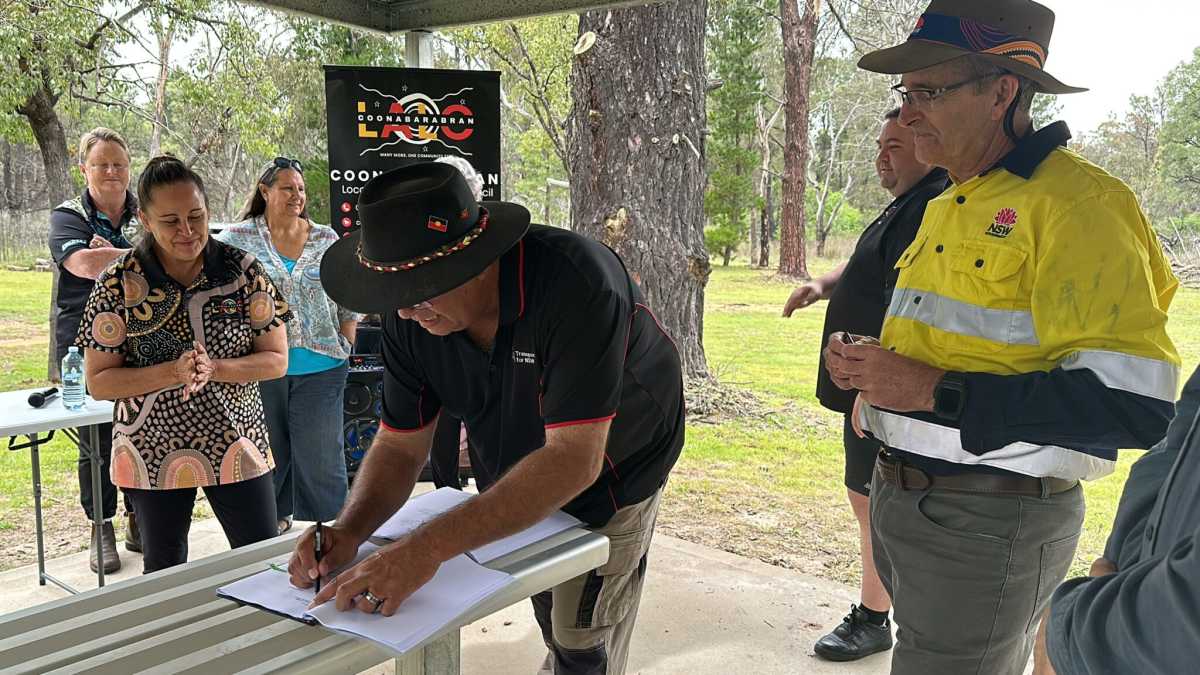News
NSW Launches Program to Boost Bushfire Resilience Through Aboriginal Cultural Landscape Management

A pioneering program aimed at enhancing the resilience of critical transport corridors against bushfires through Aboriginal cultural landscape management has been initiated at four sites across regional New South Wales (NSW).
The $4.5 million Aboriginal Cultural Landscapes Project by Transport for NSW (TfNSW) serves as a pilot land management project following recommendations from the NSW Bushfire Inquiry post the Black Summer calamity. The project works to empower local Aboriginal communities in utilizing traditional land management techniques, such as cultural burning, to mitigate bushfire risks along vital NSW roads.
Four pilot sites have been identified, and a joint research venture between TfNSW and La Trobe University will accompany the pilots to explore the incorporation of traditional and cultural land practices in bolstering resilience against natural disasters within the transport network.
The Department of Regional NSW Regional Aboriginal Partnerships Program will facilitate a culturally safe space for Aboriginal groups to ensure their sustainable business models can continue providing landscape management services even after the pilot concludes in mid-2025.
This initiative is part of the $28 million Network Resilience Program by TfNSW spanning four years, aiming to fortify the State Road network’s durability against bushfire threats. Collaborating entities for the pilots include the Department of Planning, Housing and Infrastructure, NSW Rural Fire Service, NSW National Parks and Wildlife Service, Forestry Corporation of NSW, and various local councils and committees.
Minister for Emergency Services, Jihad Dib, emphasized the importance of hazard reduction and mitigation strategies in fire risk management, acknowledging the diverse approaches discussed in the Bushfire Inquiry to better prepare for such disasters. The project seeks to empower Aboriginal communities in landscape management, incorporating local traditional knowledge for effective disaster readiness.
Minister for Aboriginal Affairs and Treaty, David Harris, highlighted the ancestral role of Aboriginal people as custodians of the land, underlining the necessity for Indigenous management of the landscape for a sustainable future. The initiative aligns with Closing the Gap objectives, offering job opportunities and decision-making power to Aboriginal communities.
Minister for Regional Transport and Roads, Jenny Aitchison, expressed optimism about the program’s potential in fostering closer collaboration with Aboriginal groups to establish a framework for future land management partnerships. The initiative is anticipated to not only reduce catastrophic fire risks on transport links but also strengthen cultural connections with the land.
Member for Bega, Dr. Michael Holland, reflected on the traumatic impact of recent bushfires in the South Coast and highlighted the significance of enhancing road network resilience. He commended the program for its potential to create economic opportunities for local communities, preserve cultural knowledge, and enhance overall community resilience.












